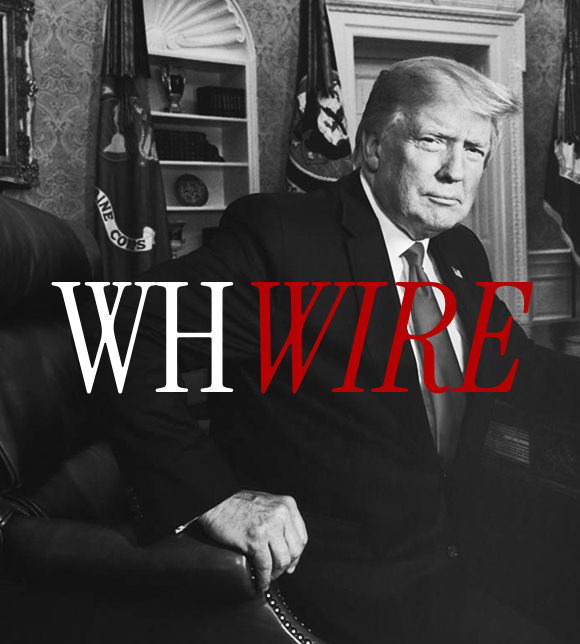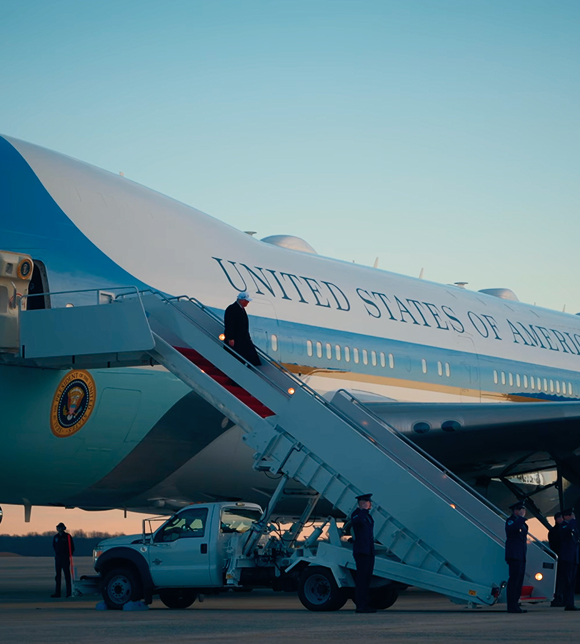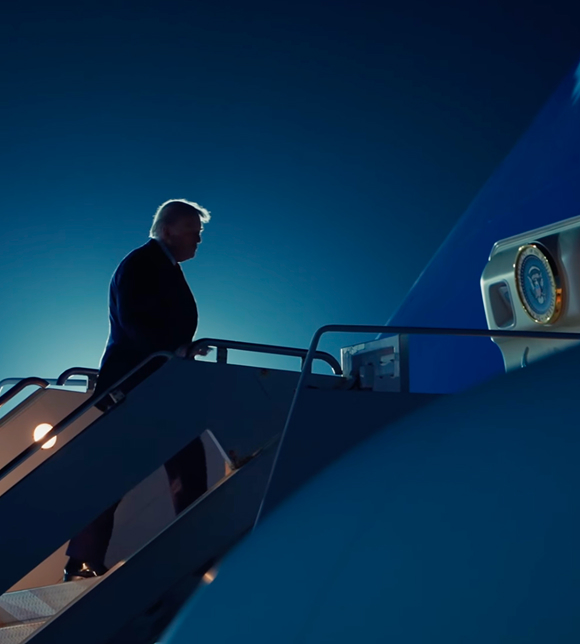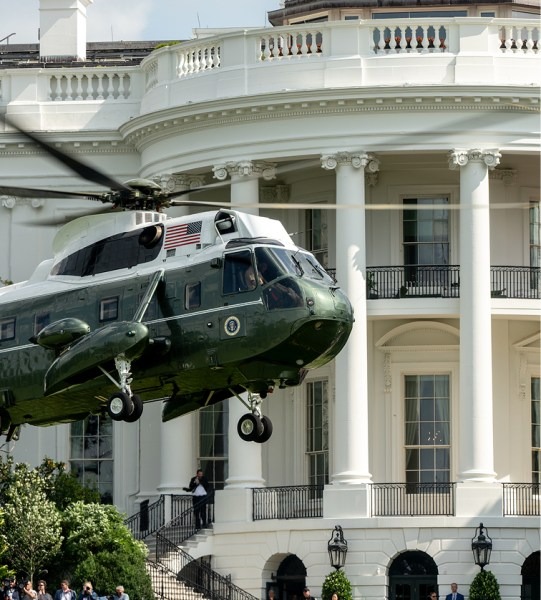JOINT STATEMENT ON UNITED STATES-MALAYSIA AGREEMENT ON RECIPROCAL TRADE
The Government of the United States of America (“the United States”) and the Government of Malaysia have reached agreement on an Agreement on Reciprocal Trade (“the Agreement”) to strengthen our bilateral economic relationship, which will provide both countries’ exporters unprecedented access to each other’s markets. The Agreement will build upon our longstanding economic relationship, including the United States-Malaysia Trade Investment Framework Agreement signed in 2004.
Key terms of the Agreement on Reciprocal Trade between the United States and Malaysia include:
- Malaysia has committed to provide significant preferential market access for U.S. industrial goods exports, including chemicals, machinery and electrical equipment, metals, and passenger vehicles, and for U.S. agricultural exports including dairy, horticultural products, poultry, processed products, beverages, pork, rice, and fuel ethanol.
- The United States has committed to maintain at 19 percent the reciprocal tariffs first set forth in Executive Order 14257 of April 2, 2025, as amended, on originating goods of Malaysia, and has identified products from the list set out in Annex III to Executive Order 14346 of September 5, 2025, Potential Tariff Adjustments for Aligned Partners, to receive a zero percent reciprocal tariff rate.
- Malaysia has committed to address non-tariff barriers that affect bilateral trade in priority industrial areas. Malaysia has committed to accepting U.S. manufactured vehicles built to U.S. motor vehicle safety and emissions standards; streamlining import licenses for U.S. alloy steel and pipe products and steel-containing goods; streamlining halal requirements for products including cosmetics, pharmaceuticals, and medical devices; and addressing U.S. concerns with conformity assessment procedures.
- Malaysia has committed to address and prevent non-tariff barriers to U.S. food and agricultural products in the Malaysian market, including by accepting currently agreed certificates issued by U.S. regulatory authorities; streamlining halal and facility registration requirements to facilitate imports of U.S. food and agricultural products; and implementation of regionalization of the United States for animal diseases.
- Malaysia has committed to adopt and maintain high levels of environmental protection and to effectively enforce its environmental laws, including by taking measures to address illegal logging, fisheries subsidies, illegal, unreported, and unregulated fishing, and illegal wildlife trade.
- Malaysia has committed to increasing enforcement against notorious markets for counterfeiting and piracy.
- To protect internationally recognized labor rights, Malaysia has made commitments on preventing forced labor and effectively identifying and addressing labor law violations in sectors with a high-risk of forced labor and child labor.
- The United States and Malaysia have finalized commitments by Malaysia to address barriers impacting digital trade, services, and investment. Malaysia has committed to refrain from imposing digital services taxes that discriminate against U.S. companies or requiring U.S. social media platforms and cloud service providers to pay into Malaysia’s domestic fund; ensure the transfer of data across trusted borders, with appropriate protections, for the conduct of business; support a permanent moratorium on customs duties on electronic transmissions at the World Trade Organization ; and remove broadcasting terrestrial airtime restrictions on U.S. programming.
- The United States and Malaysia have finalized commitments to address intellectual property protection and enforcement, customs and trade facilitation, good regulatory practices, and distortionary behaviors of state-owned enterprises.
- The United States and Malaysia have committed to strengthening economic and national security cooperation and to enhancing supply chain resilience and innovation, addressing duty evasion, and cooperating on investment security and export controls.
- Malaysia has committed to refrain from banning, or imposing quotas on, exports to the United States of critical minerals or rare earth elements. Malaysia has committed to the expedient development of its critical minerals and rare earths sectors in partnership with U.S. companies, including granting extended operating licenses to create certainty for businesses to increase production capacity. Malaysia has committed to ensure no restrictions are imposed on the sale of rare earth magnets to U.S. companies.
- In addition, the United States and Malaysia take note of recent and forthcoming commercial deals between U.S. and Malaysian companies, including:
- Procurement of 30 aircraft plus a purchase option for 30 additional aircraft.
- Purchase of semiconductors, aerospace components, and data center equipment with an estimated value of USD150 billion.
- Purchase of up to 5 million tonnes per annum (MTPA) of Liquified Natural Gas estimated at up to USD3.4 billion per year.
- Purchase of coal and telecommunication products and services valued at USD204.10 million.
- Capital fund investments in the United States of USD70 billion.
The United States may positively consider the effect that the Agreement has on national security, including taking the Agreement into consideration when taking trade action under section 232 of the Trade Expansion Act of 1962, as amended (19 U.S.C. 1862).
Additionally, to support a fair economic relationship between Malaysia and the United States, the U.S. Department of the Treasury and Bank Negara Malaysia are in discussion to finalize their mutual understanding on currency policy.
In the coming weeks, the United States and Malaysia will undertake domestic formalities in advance of the Agreement entering into force.














